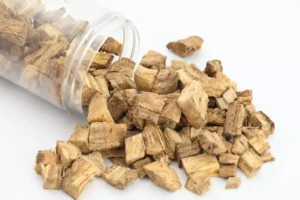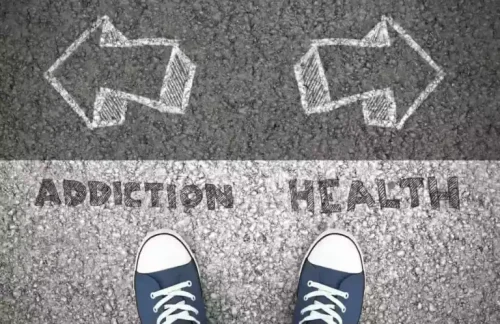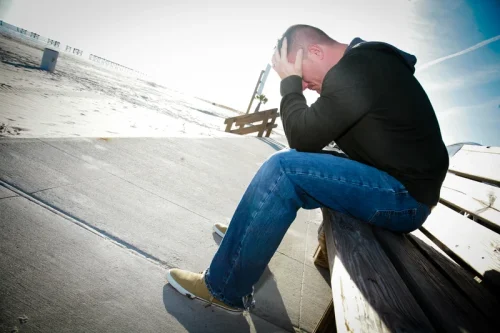
This multiplies and before you know it your life is beyond your wildest dreams. Get a jar of any kind and when something good happens write it on a strip of paper and put it in the jar. Then each day (once you get some stockpiled) take one out and remember what you have to be happy about. Sure, maybe you are new in recovery and keep telling yourself you’ve wasted years using and should’ve gotten sober sooner. You stub your toe on the way out of bed or you spill your coffee all over your clean shirt?
- Dive deeper into your sobriety by expressing daily gratitude for a life in recovery.
- These conditions can make recovery more challenging and increase the risk of relapse.
- That mindset can help you to improve your self-esteem in a number of ways.
Defining Gratitude and its Impact on Mental Health
We stand side-by-side with our guests as they do the hard work of looking at unhealthy patterns and behaviors and help them build the tools and skills they need for a sustainable and healthy recovery. Below are some practical tips for developing gratitude while in recovery. Gratitude is an effective tool for building resilience in ourselves.

Why is Gratitude Vital in Addiction Recovery?
- Practicing gratitude may seem easy to some but daunting to others.
- Showing appreciation for the people who have supported us through difficult times can help us feel more grounded and connected, while also boosting our sense of self-worth.
- “Gratitude is a byproduct of internalizing the 12 steps,” Jacob said.
- While in the throes of active addiction, the ability to experience gratitude may be diminished.
- As mentioned, when a person begins to think negatively it often just grows and grows until they are upset, angry, bitter, and eventually resentful.
Gratitude opens the door to positive emotions and experiences that can nourish our minds and bodies. Simply taking a moment to count our blessings can lift our spirits and remind us of all that we have to appreciate in life. He recommends checking in on your rate of perceived exertion or heart rate throughout your exercise and making sure that it stays at the very low end.
- Being grateful is shown to be helpful for people with mental health disorders like addiction.
- But in several other ways, it requires you to actively put in the effort.
- According to the American Psychological Association, gratitude is a sense of happiness and thankfulness when to receiving a gift or experiencing a fortunate event.
- Below are some practical tips for developing gratitude while in recovery.
Gratitude in Recovery
By taking time each day to acknowledge the good things in our lives, we begin to rewire our brains to focus on the positive. There are several reasons why gratitude is effective for reducing stress and anxiety. Firstly, it helps to shift our focus away from negative thoughts and emotions towards positive ones. This means that even if we’re going through a tough time, we can still find things to be grateful for – whether it’s our health, our relationships, or the beauty of nature. Research has shown that practicing gratitude can lead to improved physical health as well as a decrease in depression symptoms.

Can gratitude help improve my overall well-being and mental health in sobriety?
So, commit yourself to practice gratitude daily; soon, it will become a natural part of your recovery journey. To perform at your peak and avoid overuse injuries, it’s vital that you give your body a chance to rest and bounce back. Especially in early recovery, there are a lot of emotions that surface that are no longer being numbed by drugs or alcohol, and these emotions can sometimes feel overwhelming. The greatest thing about practicing gratitude is that you can decide how you will do it. You can incorporate exercises, activities, or actions into your daily life to support your recovery. You might even be wrapped up in the shock of actually being in treatment.
The Importance of Gratitude in Recovery

This can lead to a cycle of despair and self-destructive behaviors that may be difficult to stop. One of the simplest and most effective ways to practice gratitude is to keep a gratitude journal. Each day, take some time to write down a few things you are grateful for.

As a child I remember the golden finches, redwing blackbirds, Baltimore orioles, and bobwhites that sang through the woods. Without much vision now, I delight in the birds https://ecosoberhouse.com/ still chirping in my yard. I am installing a bath to give them water through the dry summer, feeders to invite them to dinner, and small houses to raise their children.

A Summary of Gratitude’s Mental and Emotional Health Benefits
His other interests include hiking, canyoneering, urban exploration, and screenwriting. Jim holds a Bachelor of Science, cum laude in Computer Science and Psychology from Loyola University Chicago. Jim is the Founder and CEO of Airtight Digital, a firm that specializes in digital marketing for the behavioral health industry. Our hope is merely to capture the spirit of the fellowships, and to approach people with the language they commonly use to describe the disease of addiction.
Simple Ways to Practice Gratitude in Recovery
Although it would feel great to celebrate and be grateful for big wins every day, it isn’t realistic for most people. Gratitude shouldn’t only be practiced when something amazing happens, like receiving a job offer at your dream career or seeing a long-distance friend. These things certainly deserve celebration and appreciation, why is gratitude important in recovery but so does the small stuff! You can be grateful for minor occurrences as long as they make you happy. For example, a sunny day, enjoying your cup of coffee, a compliment from a stranger, completing an assignment, and even just waking up in the morning to conquer the day are all things you can be grateful for!
